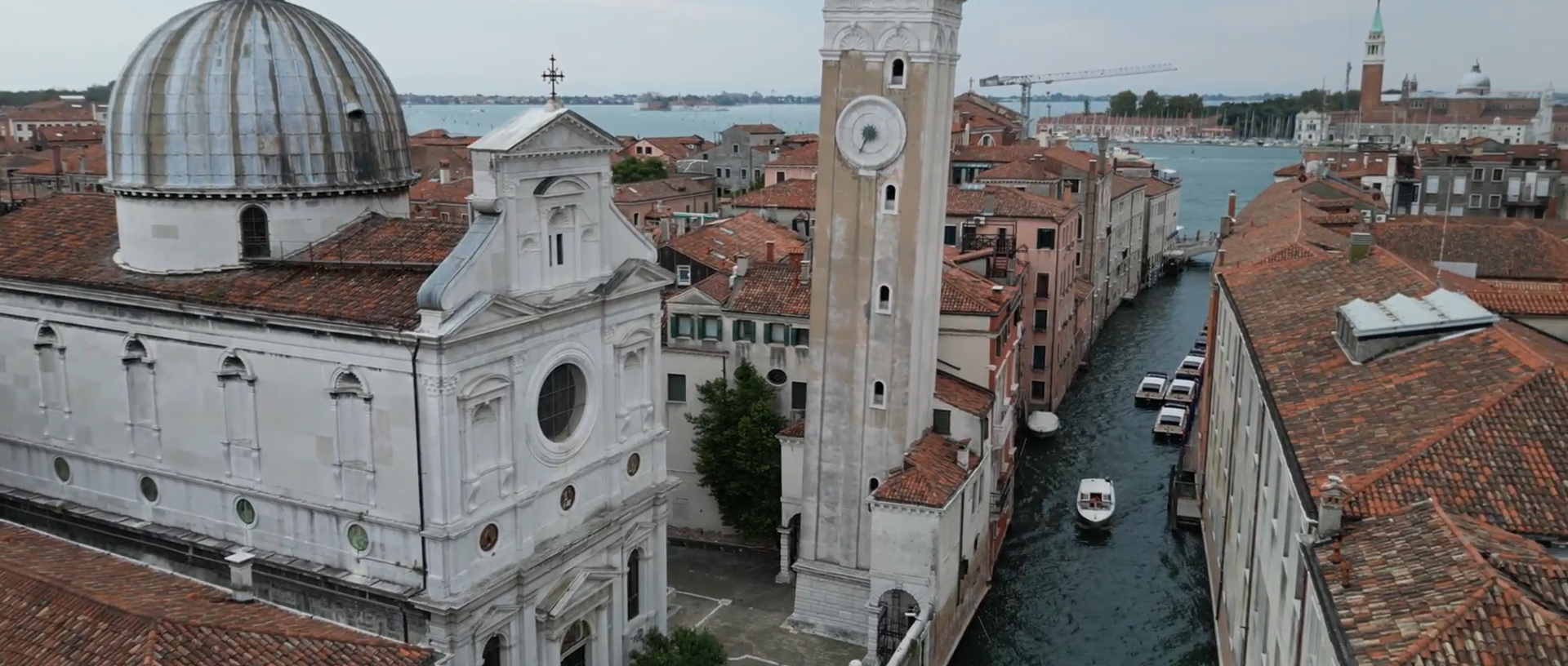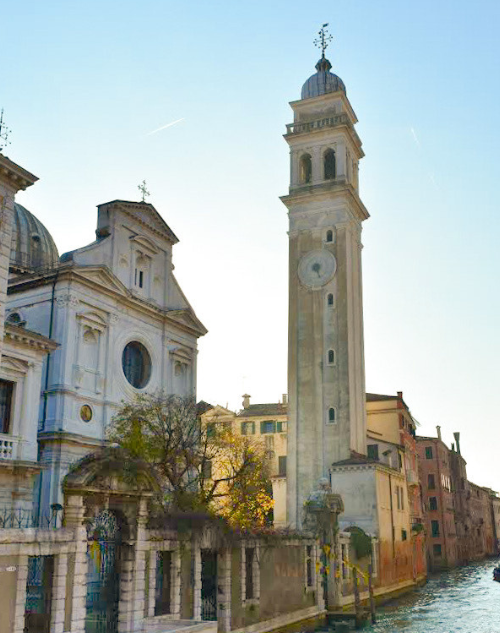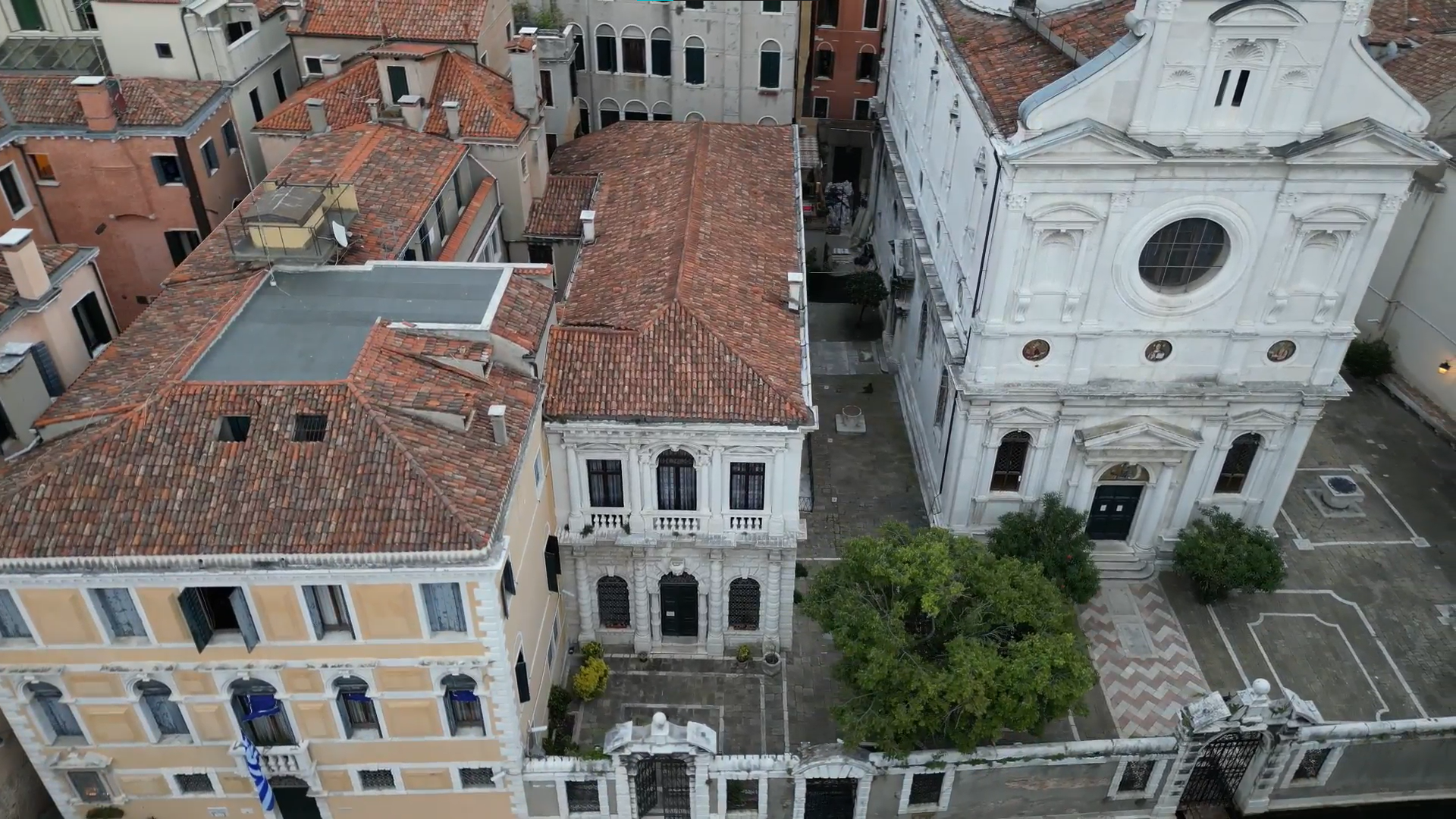
The Hellenic Institute of Byzantine and Post-Byzantine Studies in Venice
With the Hellenic Institute of Byzantine and Post-Byzantine Studies in Venice, the city of St Mark’s acquired an additional cultural bank of great wealth. The material gathered at the Institute comes mainly from the Brotherhood of the Greeks and is an irrefutable witness to their presence in the region.
The study of the archives of the Hellenic Institute of Venice provides valuable and at the same time rare references that testify to the participation of Greeks in the intellectual, cultural, economic and social life of the country, which often constituted the first stepping stone for their activity and advancement in many different fields throughout the West.
The Community of the Orthodox Greeks of Venice, despite its long history, found itself in decline at the beginning of the 20th century and lost the management of its property due to events that occurred around 1908.
The promotion of the rich cultural and historical heritage of the Greek community in Venice, however, was the impetus for the foundation of the Hellenic Institute of Byzantine and Post-Byzantine Studies in 1951 and is inextricably linked to the once flourishing Greek community there.
The Institute is housed in the Renaissance mansion of the Flanginian School. The institute began operating in 1955 with the appointment of the first director, and the first research fellows arrived in 1958.
The framework of its operation is clearly defined, as it follows from what was agreed in the Greek-Italian Agreement of 21 September 1948. In this agreement it was decided between the two governments to establish a ‘Hellenic Institute of Byzantine and Post-Byzantine Studies’, with its headquarters in Venice, to which the movable and immovable property of the ‘Community of Orthodox Greeks in Venice’ would be transferred.
At an extraordinary General Assembly on 6 February 1949, on the basis of the agreement and with 37 of the 44 members of the Community present, the management of the Community was handed over and a new board of directors was elected. At this meeting it was unanimously decided to transfer the movable and immovable property to the “Hellenic Institute of Byzantine and Post-Byzantine Studies”, a legal entity under public law, which was being established by the Greek State, with clear objectives.


Ἡ ἵδρυσις τοῦ Ἑλληνικοῦ Ἰνστιτούτου Βυζαντινῶν καί Μεταβυζαντινῶν Σπουδῶν ἐν Βενετίᾳ θά ἐκπληρώση ἕνα ἐκ τῶν κυρίων σκοπῶν της Κοινότητας, τουτέστι τῆς Ἑλληνικῆς Παιδείας διά τῆς μελέτης τῆς Βυζαντινῆς καί Μεταβυζαντινῆς Ἱστορίας.
Τήν διατήρησιν τῆς ἑλληνορθοδόξου λατρείας ἐν Βενετίᾳ καὶ τήν περίθαλψιν τῶν ἀπόρων τῆς Κοινότητος, τὴν ἐκπαίδευσιν τῶν τέκνων των καὶ τήν ταφήν τῶν θνησκόντων ἐξ αυτῶν.
Administration of the Institute
The first head of the Institute was Professor Sophia Antoniadis of the University of Leiden in the Netherlands (1955-1966). Subsequently, the University of Thessaloniki professor and academic Manousos Manousakas (1966-1982), the University of Crete professor Nikolaos Panagiotakis (1989-1997), the University of Athens professor and academic Chrysa Maltezou (1998-2013) and the University of Ioannina professor Georgios Plumidis (2013-2019). In 2020, Mr. Vasilios Koukousas, Professor of the Aristotle University of Thessaloniki, will become President.



